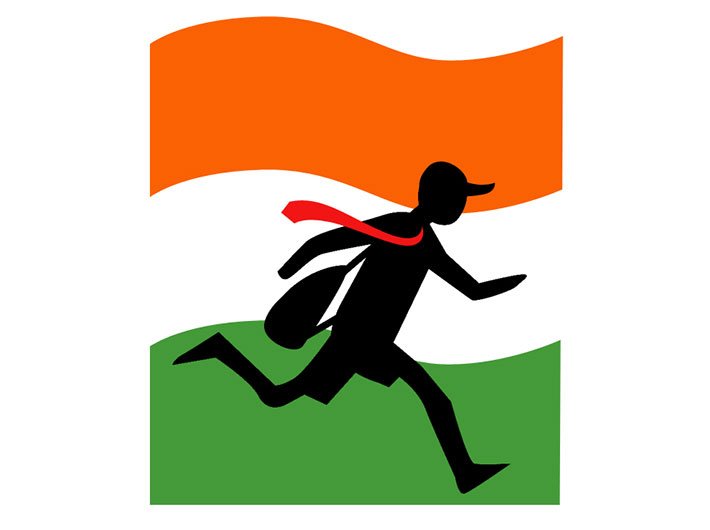Supreme court’s decision to dismiss petition against Aamir Khan’s ‘PK’ is significant, especially in these ‘ban ’em all’ frenzied times
In an age when books, or other works of art, are banned/pulped/not published for fear of either a social castigation or fatwa or violence or some or the other form of jihad and/or either or all, it takes the judiciary, despite all its flaws, to restore some sanity in our society. To let us know that all is not lost in the din of an age when school students are taught that in Mahabharat, “Sanjaya sitting inside a palace in Hastinapur and using his divya shakti” to “give live telecast of the battle of Mahabharata… to the blind Dhritarashtra” was the first television anchor of human history, all is not lost.
Today’s supreme court judgment takes more significance coming, as it does, a day before Independence Day, which is meant not to flex muscles – as BJP’s Gorakhpur MP Swami Adityanath did in parliament at around the same time as the apex court bench was reading out its judgment – but to celebrate our freedom. The freedom to speak, speak out, draw, sketch, write, criticise, lampoon, ridicule and even get enraged at all this – all, of course, within the limits of the other person’s level of tolerance and constitutional limits.
Dismissing a public interest litigation seeking ban on the release of Aamir Khan-starrer PK for allegedly promoting nudity and vulgarity, the apex court on Thursday (August 14) told the petitioner, "If you don't like then don't watch the film. But don't bring religious facets in it.” These, the bench said, are “matters of art and entertainment, and let them remain so".
Alleging that the film, directed by Rajkumar Hirani (of the Munnabhai series fame) and starring Aamir Khan as the lead protagonist, promotes nudity, the petition filed by an organisation called ‘All India Human Rights and Social Justice Front’ had on Wednesday sought the apex court’s immediate intervention to ensure the film is not released. In reply, the court said, “Any restrictions on release of (the) film would affect constitutional right of the filmmakers.”
In an observation that holds true in all times, but especially so in this day and age of limited tolerance, the supreme court bench also told the petitioner: "Don't be sensitive to such things. What will you hide in the age of Internet? Today's youth is very smart."
Or, are they? Especially when they are prescribed books by the likes of Dinanath Batra in school curriculum, which say if you are drawing a map of India make sure to include Pakistan, Afghanistan, Nepal, Bhutan, Tibet, Bangladesh, Sri Lanka and Myanmar. Why? Because these are part of undivided India, or “Akhand Bharat” (we had raised our eyebrows to it earlier; read here).
And when students’ organisations – Akhil Bharatiya Vidyarthi Parishad (ABVP), in this case – force a college – St Xavier’s, Mumbai, in this case – to withdraw invitation to Dalit activist and singer Sheetal Sathe to participate in a panel discussion at its annual festival, Malhar, for allegedly being “anti-national” (read here). These are but only two recent instances.
Amid all, however, hope remains just as steadfast as the Tricolour, no doubt. The supreme court’s dismissal of the petition against PK comes a day after the Madras high court had dismissed another petition, which sought curbs on ‘Velaiyilla Pattathari’, a Tamil film starring Dhanush (of the Kolaveri song fame) for allegedly promoting smoking. Emphasising that it was not inclined to entertain the petition, the HC bench said everyone cannot become a “super censor board” by taking the public interest litigation route.
The two court verdicts may have come in cases relating to films that most Indians would not even watch, and in that sense are not the be-all and end-all of liberty in the country, but what those judgments mean is of much import. They mean criticise by all fair means but stop right in your tracks if that verbal censure takes a physical shape and every citizen starts pronouncing censure as censor and acting as one.

